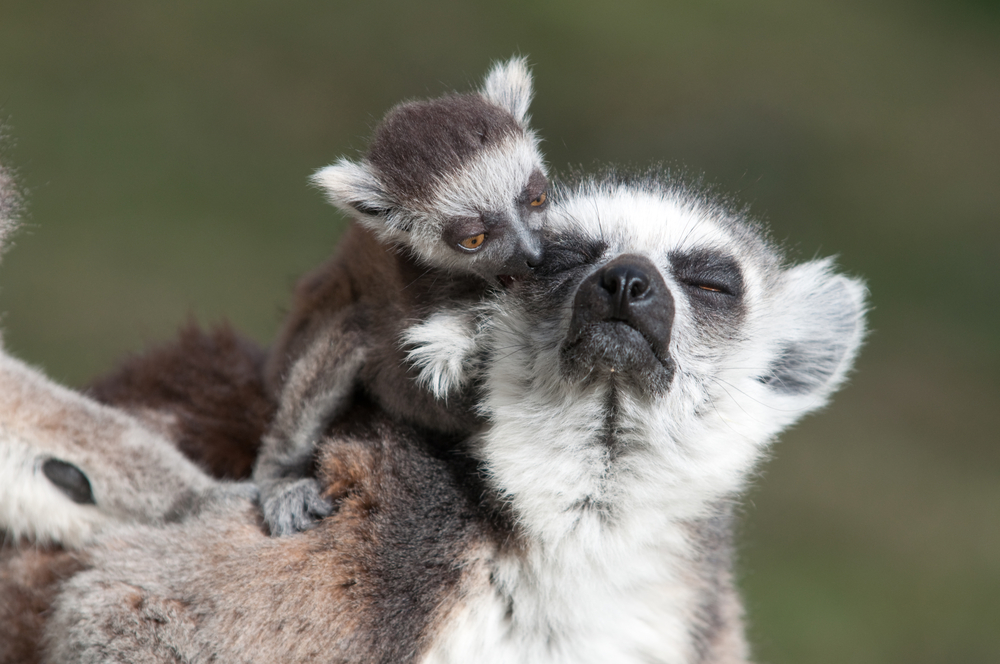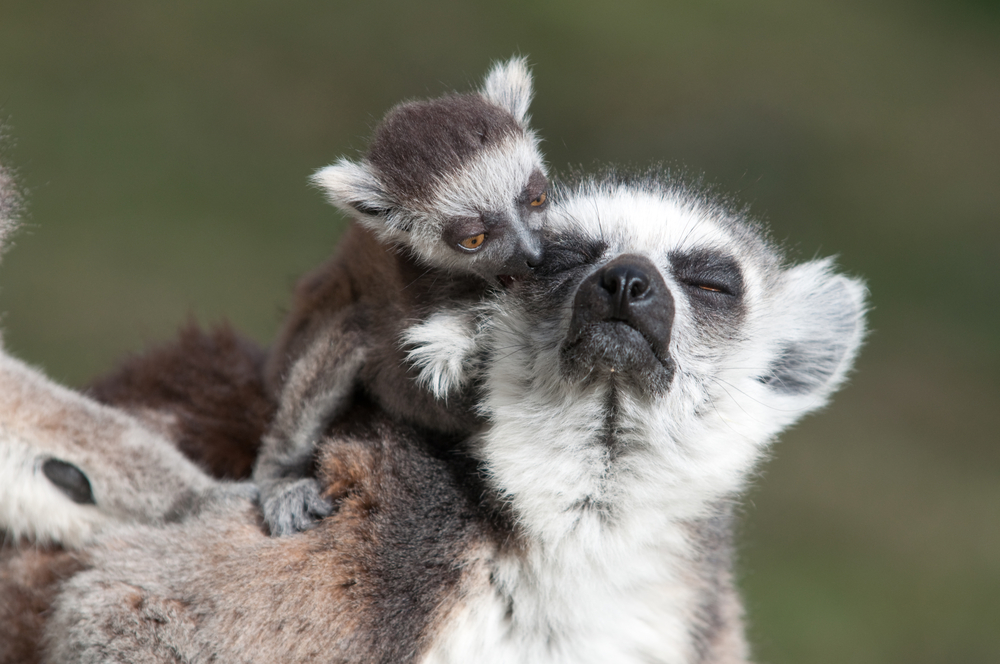
This article was originally published on February 9, 2022.
Animals Separating from Their Parents: Just Like Us!
Patronage usually goes hand in hand with parenting. And while it’s natural to care about their child’s safety and well-being, parents sometimes extend their care too long.
This phenomenon may become more difficult to avoid as more adults stay at home well past high school. According to Pew Research Center, 52 percent of 18- to 29-year-olds in the US lived with one or both parents in July 2020. The COVID-19 pandemic likely played a major role in this spike. Che the number has since declinedalthough it reflected a wider national trend that began around the 1960s.
Meanwhile, communication with parents and in adulthood it is quite common around the world. In fact, looking after adult children also extends across species. And while letting mom and dad feed you and house you rent-free may seem tempting, is it healthy for an adult (human or animal) to remain a child? A closer look at the parenting styles and behaviors of a few creatures could perhaps provide insight into our own parenting choices—and better understand why animals stray from their parents.
Extended parental care: Why do animals escape from their parents?
Just like us, animal parents can step in when their offspring struggle in adulthood. Many wild animal parents feed their starving adult children who have trouble finding food. In fact, stored food often comes in handy just at these times. Some animals will also introduce their offspring to mates. Such actions are called extended parental care.
Animals may need extended parental care for some of the same reasons that humans do. Sometimes it can be a matter of a dangerous environment or limited resources. For example, Sons of the Western Bluebird who stay close to home during the winter months have a better chance of survival. Because these birds are safer in numbers, living with a family allows them to thrive. As an added incentive, they also inherit their parents’ territory, which often comes full of food. However, these creatures also pull their own weight by teaching their younger siblings how to survive. Other animals that win the real estate lottery include North American red squirrels and meerkats.
Read more: Crocodiles are particularly good mothers
“In the wild, it can often be dangerous to leave your group and go out to find your own mate,” says Karen Bales, a professor of psychology at the University of California, Davis and principal scientist at the California National Primate Research Center. That’s why older children could benefit from staying home as long as possible, she explains.
But what makes these parents look after their grown children? The answer lies in evolution. In the animal kingdom, competition is found at first glance at every corner, from looking for resources to looking for potential partners. When an environment presents too much competition or too many predators, an adult child’s life can be at risk. Therefore, parents try to protect their offspring for multiple reasons, including intrinsic ones must continue their genetic heritage.
Older children could also offer certain advantages to their parents, Bales says, such as taking care of their younger siblings, which happens with marmosets and tamarins. In some contexts, families may simply benefit from more bodies to stay warm at night or reduce the risk of being eaten by predators.
Whether it’s endearing or embarrassing—or maybe both—for adults to ditch their parents, it’s probably safe to say there’s no place like home (or mom and dad’s basement).
read more about animals separating from parents

